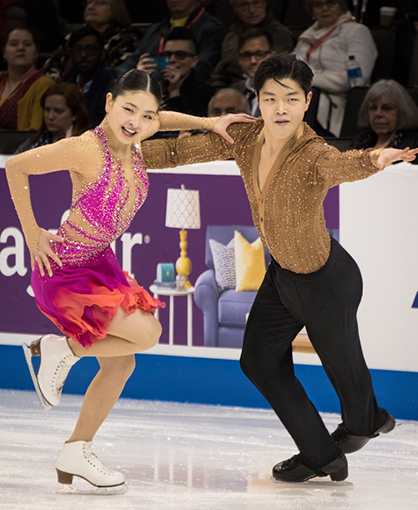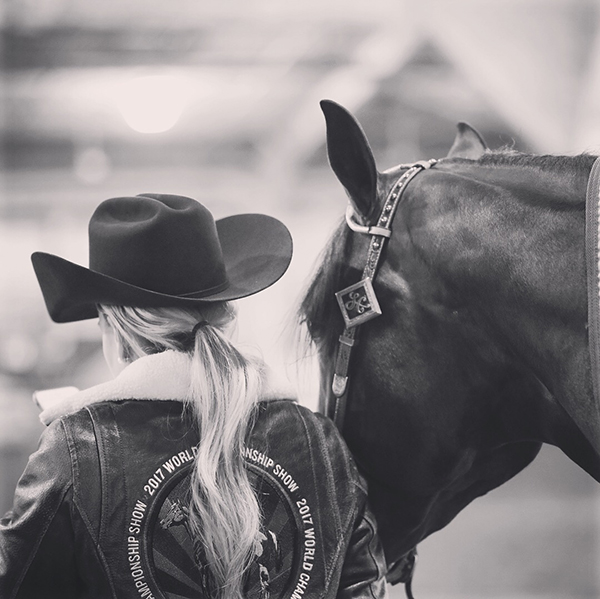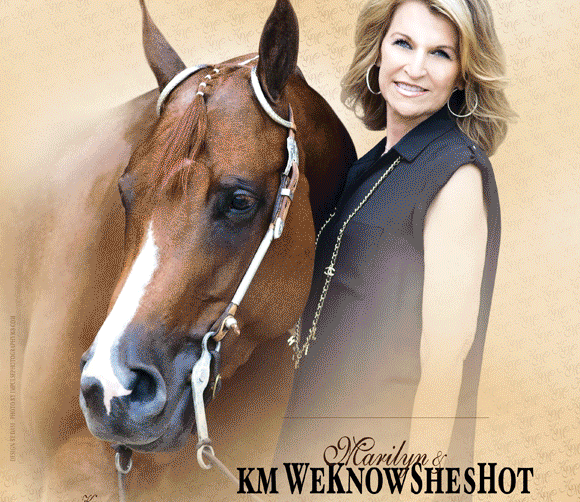It Takes Gold to Go For the Gold: Olympics VS. Horse Show Cost Comparison
Now that the 2018 PyeongChang Winter Olympics has officially come to a close, you might think that Olympic fever will cool somewhat. On the contrary, the eyes of the world now turn towards Tokyo, Japan, which will host the 2020 Summer Olympics in just two short years.
Studies regularly show that the period following the Olympic Games sees an increase in athletic interest. Perhaps this is because the incredible performances during the Games help to inspire a new, younger generation that hope to compete for the gold one day, themselves.
With the dream of winning the gold being the ultimate goal for most Olympians (and horse show competitors, for that matter) we decided to take a look at a cost comparison between competing in Olympic sport (excluding equestrian) versus competing on a national horse show circuit. While the allure of sponsorship deals, commercials, and television interviews might make it seem like all Olympians have it made, that doesn’t paint an entirely accurate picture. While the elite athletes that reside in the top 5% of Olympians do enjoy many of these perks, there is the other 95% that, just like the rest of us, struggle to find a way to balance finances with competing in the sport we love.
Check out Nerd Wallet’s “2018 US Olympians Open Up About Money Struggles” to read about how Freestyle Skier Jaelin Kauf cleaned houses and bused restaurant tables to make ends meet, or first-time Olympian Chris Kinney, a bobsledder, who works in social media and marketing.
As an example, let’s look at one of the highest profile sports at the recent 2018 Winter Olympics, figure skating. TIME Money Magazine’s “This is the Insane Amount of Money It Takes to Become an Olympic Figure Skater” provides great insight into the cost breakdown- they estimate anywhere from $35,000 to $50,000 annually. Where does the money go? If you look at the breakdown, many of the categories will look familiar to most equestrians, even if the amounts differ.
- Private coaching- $65-$120 an hour (multiply that by many hours a day, six days a week)
- Time on the ice– $20-$40 a day
- Choreography– $1,500-$5,000 per routine
- Costumes– $2,500-$10,000
- Equipment– $800-$2,000 for skates and blades
- Health Care and Conditioning– estimated
- Travel– estimated
- Coach’s travel and coaching fees– estimated
And the payoff? Prize money for an elite, senior level competition can range anywhere from $2,000 to $45,000. Of course, the top tier competitors can score coveted sponsorship deals for products and businesses, which can help to offset the cost of competing. But, for a relative newcomer without a well-known name, like Team USA’s Ladies Figure Skater, Bradie Tennell, many international athletes are turning to online fundraising as a way to make up the difference. After Bradie was named to Team USA, her family created a GoFundMe page to raise money for the trip to South Korea. According to Destination Pyeong Chang, a fundraising website set up by US. Figure Skating, the estimated cost to send just one family member to the Olympics was $7,200. Through word on social media, United Airlines caught wind and stepped in- volunteering to fly the whole Tennell family- single mother, Jean, and two brothers, Austin and Shane, to the Olympics.
When looking at the Olympics specifically, NBC Nightly News with Lester Holt aired an interesting special that showed the money awarded to U.S. Olympians when they won medals this year: $37,500 for gold, $22,500 for silver, and $15,000 for bronze. Also, check out Money Nation’s “How Much Money Do Olympic Athletes Make for a Medal?” Another piece by The Huffington Post, “The Cost of Being An Olympic Athlete,” references stipends provided by the privately funded governing boards of an athlete’s individual sport, which may help somewhat.
The Fiscal Times has an interesting article entitled, “7 Olympic Sports that Cost the Most in Training.” You might be surprised with the results, with Shooting reaching $700,000 to $1.5 million a year, Sailing at $500,000+ a year, Equestrian at $100,000 a year + cost of a horse, Swimming at $100,000 a year, followed by Archery, Fencing, and Gymnastics.
All this time and money to conquer a routine that lasts anywhere from two to five minutes. That certainly strikes a chord with all equestrians, whether you compete in Barrel Racing, Western Pleasure, or Show Jumping!
We won’t go too much into specific amounts when it comes to showing horses, because the variety of levels, breeds, and disciplines make determining an accurate average virtually impossible. However, there are many similarities and differences that can be noted right off the bat, when referencing the table above.
- Private Coaching– Likely to be much more for equestrians, especially if you have a horse that’s in full-time board and training ($1,500-$2,500 a month)
- Choreography– Hopefully, you won’t need choreography, unless you’re competing in Freestyle Reining…
- Costumes– Ah, this is where we see big similarities. The competition attire for Figure Skating and Horse Showing appears to be fairly equal, especially when you consider an entire outfit- jacket, pants, chaps, boots, hat. Also, consider many equestrians have multiple outfits for different events, while a skater would likely have one for the short program and one for the long program.
- Equipment– Showing horses DEFINITELY wins this category- think work saddle, work saddle pad, work bridle, show saddle, show pad, show headstall, bits, spurs, splint boots, bell boots, blankets, grooming products… we could go on, and on. With some high end show saddles commanding a $5,000-$10,000 price tag, this is a big category for competitive equestrians.
- Health Care and Conditioning– Of course, this category would primarily be dedicated to your horse, unless you were involved in an equestrian related accident. (Routine vet care, farrier, acupuncture, massage, chiropractic care, hydrotherapy, and let’s not get into specialized lameness care or colic surgery.) Horses for the win, again.
- Travel– Likely, this category will go to the Olympians, given the fact that a lot of their travel is international.
- Coach’s travel and coaching fees– An interesting similarity to note. Many horse trainers require day fees for their coaching at an event, on top of their training fees per month. The same is true for the Olympic coaches, as the coaching fees at an event help to replace the income lost when they’re on the road.
- Then, there are a variety of categories we haven’t mentioned, such as: Horse show entry fees, registration and association fees, advertising, breeding, ect.
But, don’t let all this financial chat dissuade you from your athletic pursuits. Not everyone has to compete at an elite level. There is much satisfaction to be gained from cultivating a relationship with your equine partner on the trail or in the backyard, instead of under the arena lights. If you do have dreams of becoming a top tier equestrian, or Olympian, they say, “where there’s a will, there’s a way,” and careful budgeting, and some financial assistance, can help your dreams become a reality. Helpful tips include hauling your horse to lessons instead of keeping him at a trainer’s full-time, learning via instructional DVDs or clinics, leasing a horse, offering up your skills like mane banding, making your own show clothing, ect.
For more tips, check out these links:
- QH Congress On a Budget
- Showing Horses on a College Student’s Budget
- The Real Cost of Horse Ownership
- Showing On a Budget- Part 1
- Showing On a Budget- Part 2
- What Are the Costs of Horse Ownership?
- Broke and Love Showing Horses? You’re Not Alone
In addition to crowd favorites like Beach Volleyball, Gymnastics, and Swimming, our beloved Equestrian events will be returning to the 2020 Summer Olympics in the form of Dressage, Jumping, and Eventing. So stay tuned for the 2020 Summer Olympics!














